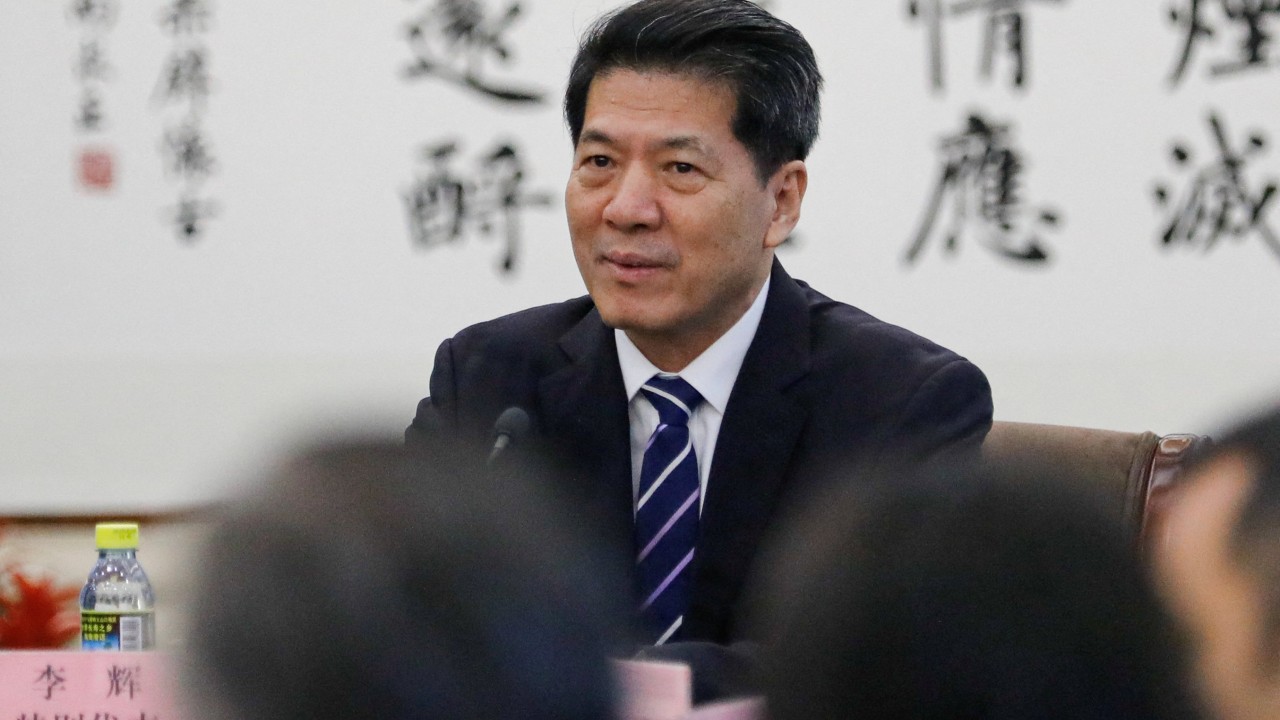
“The parties agreed to continue to maintain communication and coordination, while welcoming the support of the international community for efforts to cool down the situation and to play a constructive role in promoting a ceasefire, a halt to the fighting and the promotion of peace and negotiation,” the ministry said in a statement.
During his meetings held from May 3 to 9, Li raised six propositions from China, and his counterparts “generally agreed” with them, according to the ministry statement.
The points largely echoed a position paper issued by Beijing last year, including calls to exercise restraint, resume direct dialogue and improve humanitarian conditions.
The other points voiced opposition both to the use of nuclear and biological or chemical weapons and to attacks on nuclear power plants as well as urged that the global supply chain be kept stable.
Li further asked that the international community “jointly safeguard the safety of critical infrastructure such as oil and gas pipelines, electric-energy facilities and undersea fibre-optic cables” – elaborating in greater detail than the position paper.
Among the officials the Chinese envoy met were Turkey’s deputy foreign minister, Egypt’s assistant foreign minister, a Saudi minister of state and national security adviser and a presidential diplomatic adviser from the UAE.
Li’s trip could also have been meant to convey the perspective of Russia, which has been excluded from most Western-led global gatherings such as next month’s peace summit, said Li Lifan of the Shanghai Academy of Social Sciences, a Chinese think tank.
“The Middle East does not wish to see a Ukraine conflict spillover too,” he said.

